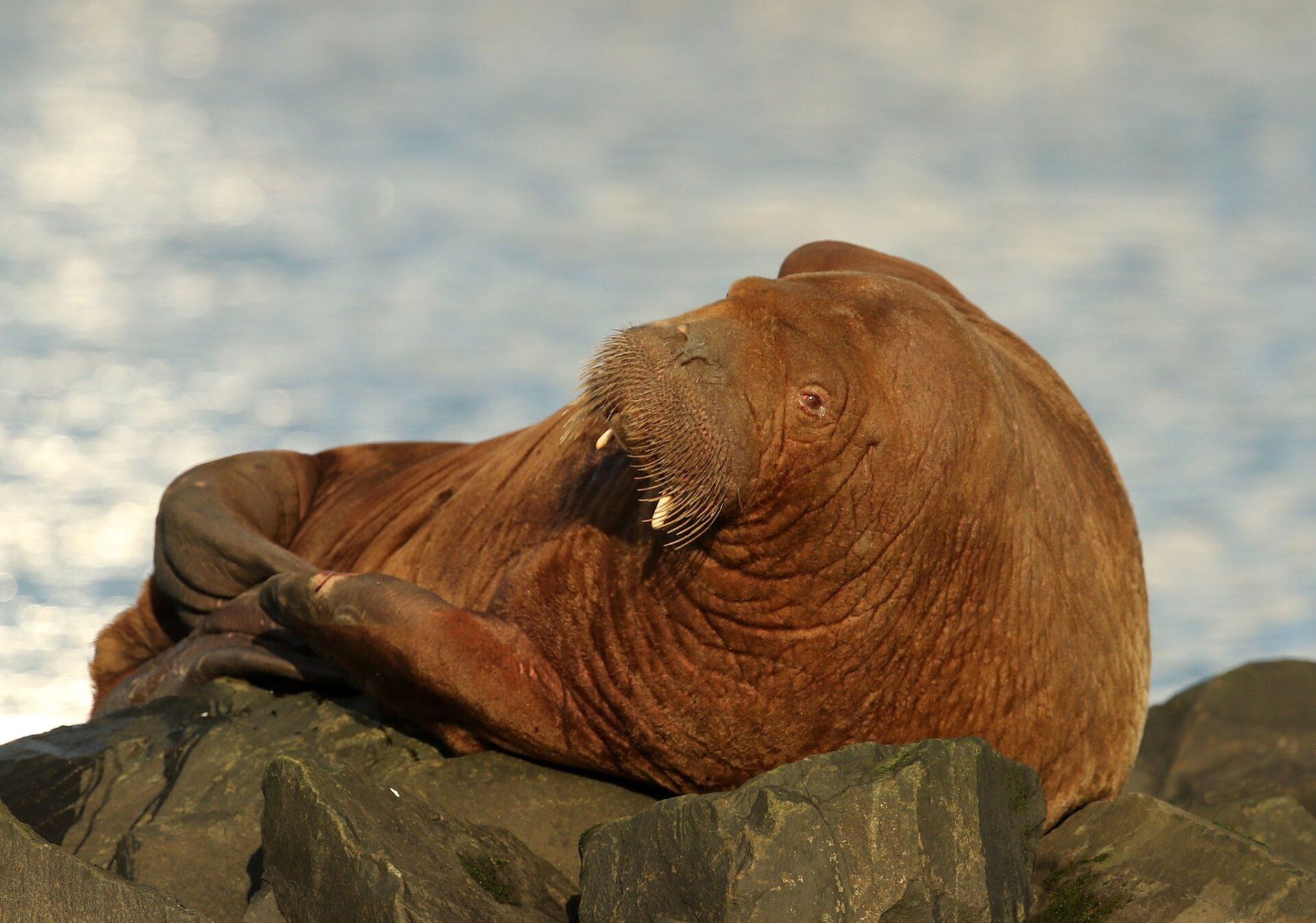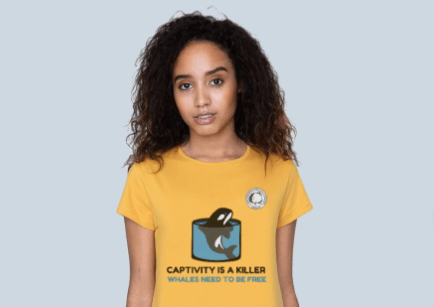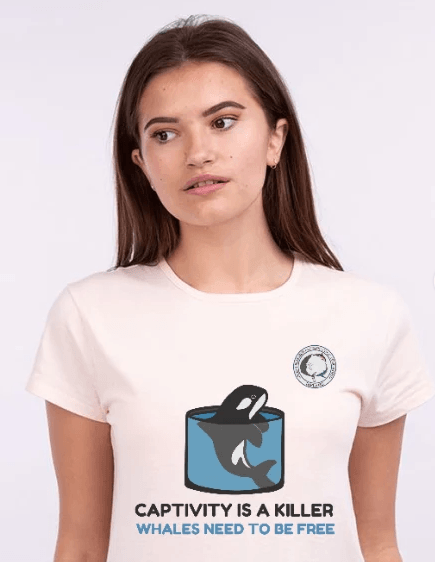Russian “Whale Jail” finally Abolished.
Russian “Whale Jail” finally Abolished.
ORCA SciComm Team | 3rd of December 2021
The incommodious confined pens in Russia’s infamous “Whale Jail” have finally been abolished to ensure marine mammals will not be held in these captive facilities in the future!

Russian cetacean holding pens dubbed the "whale jail".
In what has since been described as one of the worst illegal captive cases of cetaceans in history, which involved four Russian companies that supply marine mammals to aquariums almost 100 beluga whales and orcas were hunted and wild caught over the course of several months in the summer of 2018.
The animals were held captive in holding pens in Srednyaya Bay, in Russia’s far east destined to be sold to marine parks for “educational purposes” in China. Many NGO’s including ORCA Ireland and activists around the world campaigned to release the whales back into the wild and were outraged upon the release of aerial images of whales being held captive in pens that were completely iced-over.
From June to November 2019, the Russian Government stepped in due to international criticism and released the whales back into the wild. The Russian Institute of Fisheries and Oceanography, released 8 animals including 6 beluga whales and 2 orca’s back into the Sea of Okhotsk, roughly 1,100 miles away, where they were originally captured. In total it took four months to move all of the animals, which were released in small groups.
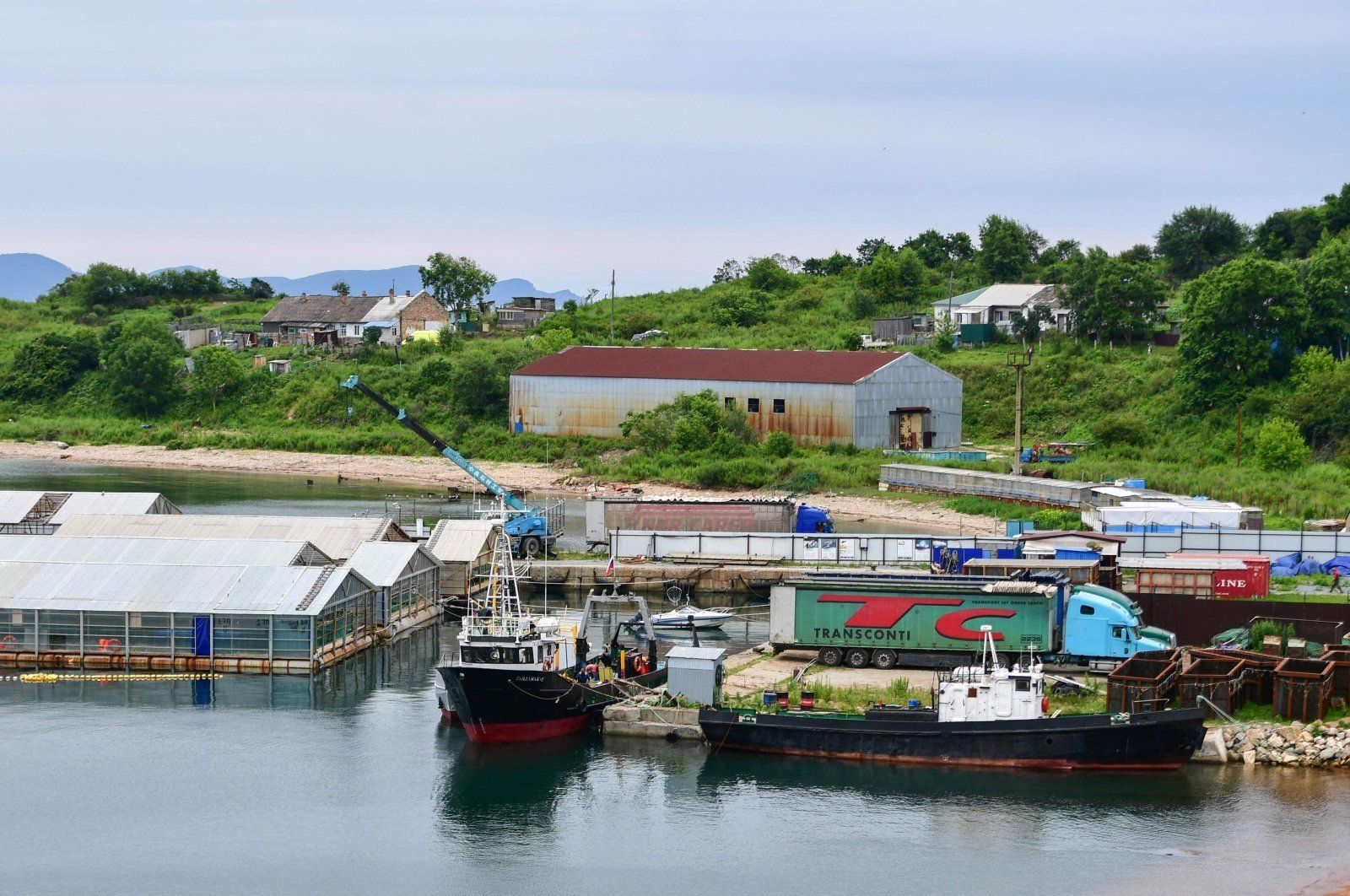
A view of the holding facility, known as "whale jail", in Srednyaya Bay as employees prepare to load three killer whales into special tanks on trucks for the transportation to the release site on the Sea of Okhotsk coast, Russia, July 11, 2019. (AFP Photo).
At the time, President Vladimir Putin personally monitored the beginning of the transport operation and according to BBC Translation commented that;
“The killer whales alone- as far as I know - are worth around $100 million, when it's big money, problems are always hard to solve. Thank God things have started moving.”
While ORCA Ireland welcomes the great news that the “Whale Jail” has been shut down and now, finally dismantled, many captive facilities around the world are still in operation and the Ban on capturing wild cetaceans in Russian waters is only in place until 2023. ORCA Ireland, among many other NGO’s around the world, are calling on Russia to instate a permanent ban on capturing marine mammals in Russian waters. While some western aquariums are scaling back on keeping cetaceans in captivity (Canada recently banned captivity altogether), others countries, like Spain and dolphinariums in China, with wild-caught animals are a booming business. There are now 78 marine mammal parks and 26 m In China, there are now 78 marine mammal parks and 26 more under development.
Please help ORCA Ireland and support our work to ban the captivity of cetaceans around the world. Become a member at
www.orcaireland.org or purchase a “Captivity Is A Killer” Ladies and Men's T-shirts as seen below and tag us on social media #CaptivityIsAKiller #WhalesNeedToBeFree #ORCAIreland.
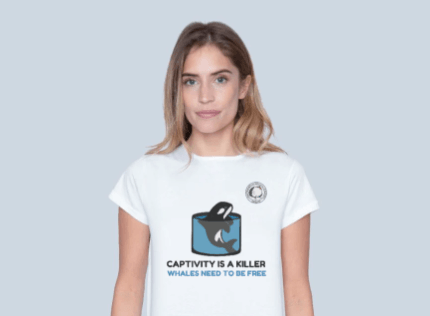
ORCA - Captivity Is A Killer - Ladies T-shirt for sale on www.orcaireland.org.
Support our work to end captivity of marine mammals around the world. Check out our T-shirts which are made with organic 100% sustainable cotton and renewable energy through-out the supply chain. Available in multiple colours and sizes from our online store.
SHARE THIS ARTICLE






